Note: This links round-up (and all future links round ups) also doubles up as an Open Thread, so comment whatever you want, no need to make it relevant to the links.
24) ppl good at thinking think that thinking is everything; people good at doing think that doing is everything. doers dismiss thinkers & thinkers are scared of doers.
72) be sus if you’re not asking dumb questions
134) the richest people lose the most money, the most connected people get rejected the most, the most successful people fail the most
More at the link…
2) Perhaps you’ve seen them already, but here are two great New Yorker pieces: one on the Ariely/Gino scandal, and another on SBF and his family.
3) By the time you read this, the new Michael Lewis book Going Infinite (about SBF and FTX) will be old news and you’ll likely have already decided whether or not you want to read it. As I write this, I’m about half way through and enjoying it. So if you’re still on the fence, or haven’t heard about it, maybe my provisional recommendation will persuade you to buy it.
I’ve seen a couple of people saying Lewis is too credulous and doesn’t understand the finance stuff as well as he ought to. I guess this is true, but I’m not sure it matters. The point of the book is understand what Sam is really like and what he is actually motivated by, and I think this book is helpful with that.
I was surprised by the fact that I actually felt quite inspired by Sam’s hare-brained schemes. Pay Donald Trump billions of dollars to never run for President again? Pretty wacky, but I admire the ambition.
4) Net global welfare may be negative and declining:
5) Partisan support for the Chief Mouser (the resident cat in the Prime Minister’s office):
6) The Sample is quite a good way to find new and interesting Substack newsletters.
7) I enjoyed the movie BlackBerry, about the rise and fall of Research in Motion (the company that made the BlackBerry phone). It’s one of those movies that obviously isn’t great, but you have fun watching. I’m tempted to say it’s like a mix of The Social Network and Silicon Valley, but I’ve only seen clips of Silicon Valley so I don’t know if that’s quite right. Recommended to those who would enjoy watching The Social Network if it was 70% as good as it is (which is still pretty good!).
I also saw The Creator, which was unwatchable. I walked out of the cinema after about an hour - my first walkout in a few years.
8) Congratulations to Claudia Goldin on winning the Nobel Prize! Why not check out her conversation with Tyler, this interview in the FT [paywalled], or her book Career and Family?
9) Knausgård on Fosse:
10) It’s almost annoying how good Adam Mastrioanni’s Substack Experimental Historyis. I’m hesitant to link to it because I think it’s basically what I would like to write if I was smarter and a much better writer, so I guess there’s a question of why you would want to continue reading my stuff when you can read Adam’s. At least he doesn’t do as many links posts as I do, I guess?
Check out this piece or this one or this one or literally anything Adam has ever written. Here’s his recent NYT piece for good measure.
11) I had a tweet that actually did pretty well:
Follow me if you don’t already! Also, if you happen to be in London and want to hang out and get coffee/dinner/drinks/whatever, let me know by sending a DM on Twitter or an email. Also, invite me to events you’re hosting if you want to. Thanks!
12) Reminder: Stuart Ritchie’s meta-analysis found that a year of education is causally linked to a higher IQ:
We meta-analyzed three categories of quasiexperimental studies of educational effects on intelligence: those estimating education-intelligence associations after controlling for earlier intelligence, those using compulsory schooling policy changes as instrumental variables, and those using regression-discontinuity designs on school-entry age cutoffs. Across 142 effect sizes from 42 data sets involving over 600,000 participants, we found consistent evidence for beneficial effects of education on cognitive abilities of approximately 1 to 5 IQ points for an additional year of education. Moderator analyses indicated that the effects persisted across the life span and were present on all broad categories of cognitive ability studied. Education appears to be the most consistent, robust, and durable method yet to be identified for raising intelligence.
Criticise away!
13) Guess the correlation game, pretty fun!
14) How To with John Wilson is worth a watch - I just started the third season after having enjoyed the first and second. Especially recommended for fans of Nathan For You, The Rehearsal, or the original Ali G and Borat sketches. On that note, if you haven’t seen any of those, start with early Nathan For You and see if you like it.
And while I’m on this, Finding Frances (the Nathan For You finale) is one of the best single episodes of a show I’ve ever seen on television. Here’s a wonderful Errol Morris review - only read after watching!
15) Alex O’Connor interviews Peter Hitchens. Something seems to be wrong with Hitchens these days. He goes on an unhinged rant at the end, in a way that I wouldn’t have expected of him:
16) Anselm Hager was coincidentally conducting surveys on German respondents about who is responsible for conflict in the Middle East:
17) I know you’ve probably seen it before (when all the FTX stuff went down), but Caroline Ellison’s blog really is compelling reading. I generally find Caroline and Nishad to be two very sympathetic characters, and the abuse that Caroline has received about her appearance is really nasty.
There’s also a sad and darkly comic part of the Lewis book where he says something along the lines of ‘Sam Bankman-Fried always thought in terms of expected value. But the expected value of being around Caroline always seemed high before they'd had sex and much lower afterwards’.
18) A quick list of articles I allude to in conversation pretty often:
Ben Southwood on friends being under-clustered.
Alvaro De Menard on making $10,000 predicting which studies would replicate.
Adam Mastrioanni on the rise and fall of peer review.
(I intend to add more here by publication date as I mention them in conversation, so if you only see two articles here, it’s because I didn’t end up making the edits.)
19) On Newcomb’s Paradox, I think it’s interesting that in the PhilPapers survey of philosophers, there is a clear majority for two-boxing among those specialising in decision theory:
I have always been a two-boxer, and generally find the LessWrongian ‘stay winning’ attitude to be unconvincing. That being said, one argument I do find compelling for one-boxing is the evidentialist’s wager. The basic logic is that even if you have much more credence in CDT (90%), the expected value of one-boxing is much greater if you give even a small amount of weight to the idea that EDT may be correct.
20) Henry Oliver on how to read the canon. And then his thoughts on SBF’s Shakespeare comments.
21) I thought this was quite an interesting piece on why political science degrees are basically a waste of time and how they could be different. It’s about pol-sci degrees in the US, but much of this applies to the UK and presumably elsewhere.
My political science undergraduate degree was, as described in the piece, a mishmash of random courses. My master’s degree was much better, and I came out knowing how to find and use political data to test hypotheses. I think undergraduate pol-sci students should all either come out knowing the ins and outs of the British political system (e.g. they should be able to answer the question ‘What is a select committee'?’ with no trouble) OR they should be fairly well-versed in basic social science and how to test claims made in social science papers. If you don’t know what a select committee is or what linear regression is, your undergraduate degree may have been a waste of time.
22) Which famous economist are you most similar to? Find out here. I got Oliver Heath. I diverged from the consensus on one question, which was ‘AI and the Labor Market Use of artificial intelligence over the next ten years will have a negative impact on the earnings potential of substantial numbers of high-skilled workers in advanced countries’, where I said I disagreed.
The consensus was that AI will in fact have a negative impact on many peoples’ earning potential. I was pretty unsure about this question, but thought that the view that AI was likely to bring down wages in the near future was probably misplaced given my impression of the impact of previous innovations on the wages of most people. Trust the consensus over my gut instinct, obviously!
23) I haven’t checked whether this is fake news, but pretty funny regardless:
24) Scroll down on this page to ‘Miscellaneous’ for an archive of various interesting blog posts from the original OkCupid blog site. Here’s an interesting one on the ‘message multiplier’ from being much more attractive:
25) On Artemis Langford, and the issue of transgender people in sororities.
26) n1.tools, for self-experimentation.
27) Apparently coins demonstrate ‘same-side bias’, so if you bet a pound on a coin toss 1000 times and always bet on the side it started on, you would win £19 on average. That’s more than the casino advantage for blackjack against optimal play! More here.
28) Saul Munn is someone I want to signal boost as a guy who seems like he’ll go on to achieve big things. He organised Manifest (which included the first ever video interview with Scott Alexander), runs the OPTIC forecasting tournaments, and has interesting takes on how to figure out whether someone takes the initiative (his take is wrong in this instance btw). Go and follow him on Twitter.
29) Reading Cummings on Apple vs. Westminster [paywalled], part of me thinks that he takes too seriously the Marxist idea (Groucho, not Karl) that you should be sceptical of any club that would have someone like you as a member. If it accepts someone like Dom (you should listen when he slags off Oxbridge humanities grads), it can’t be much good, right? Probably a trite observation, but still…
(If you’re a normal person and therefore don’t pay for Dom’s substack, the original piece he’s referencing, How Apple is Organised for Innovation, is still pretty interesting.)
30) See this Twitter thread:
31) Thread on /r/AskSocialScience: ‘Anyone know where the attitude that 'real men' love meat and hate vegetables comes from?’. To be honest, I haven’t read through many of the sources posted in response, but there looks to be some interesting stuff there.
32) Bank CEO attractiveness negatively correlated with performance, from the FT:
Don’t make your comment about the R^2 being low. Don’t write ‘correlation is not causation’. We already know!
33) A list of anecdotes about Elon’s decision-making process.
34) Caroline Ellison as a child, talking about her favourite book:
35) On McKinsey:
A senior partner in the room who came by only occasionally was taken aback by how much we had internalized Rikers’s culture of brutality and accused us of having “gone native.” One reason for this might have been that, although we interviewed dozens of Rikers staffers (some of whom I remember referring to mealtimes at the jail as “feedings”), not once, to my recollection, did we talk to a single incarcerated person.
36) Caplan on Tetlock:
Is my confidence in experts completely misplaced? I think not. Tetlock’s sample suffers from severe selection bias. He deliberately asked relatively difficult and controversial questions. As his methodological appendix explains, questions had to “Pass the ‘don’t bother me too often with dumb questions’ test.” Dumb according to who? The implicit answer is “Dumb according to the typical expert in the field.” What Tetlock really shows is that experts are overconfident if you exclude the questions where they have reached a solid consensus.





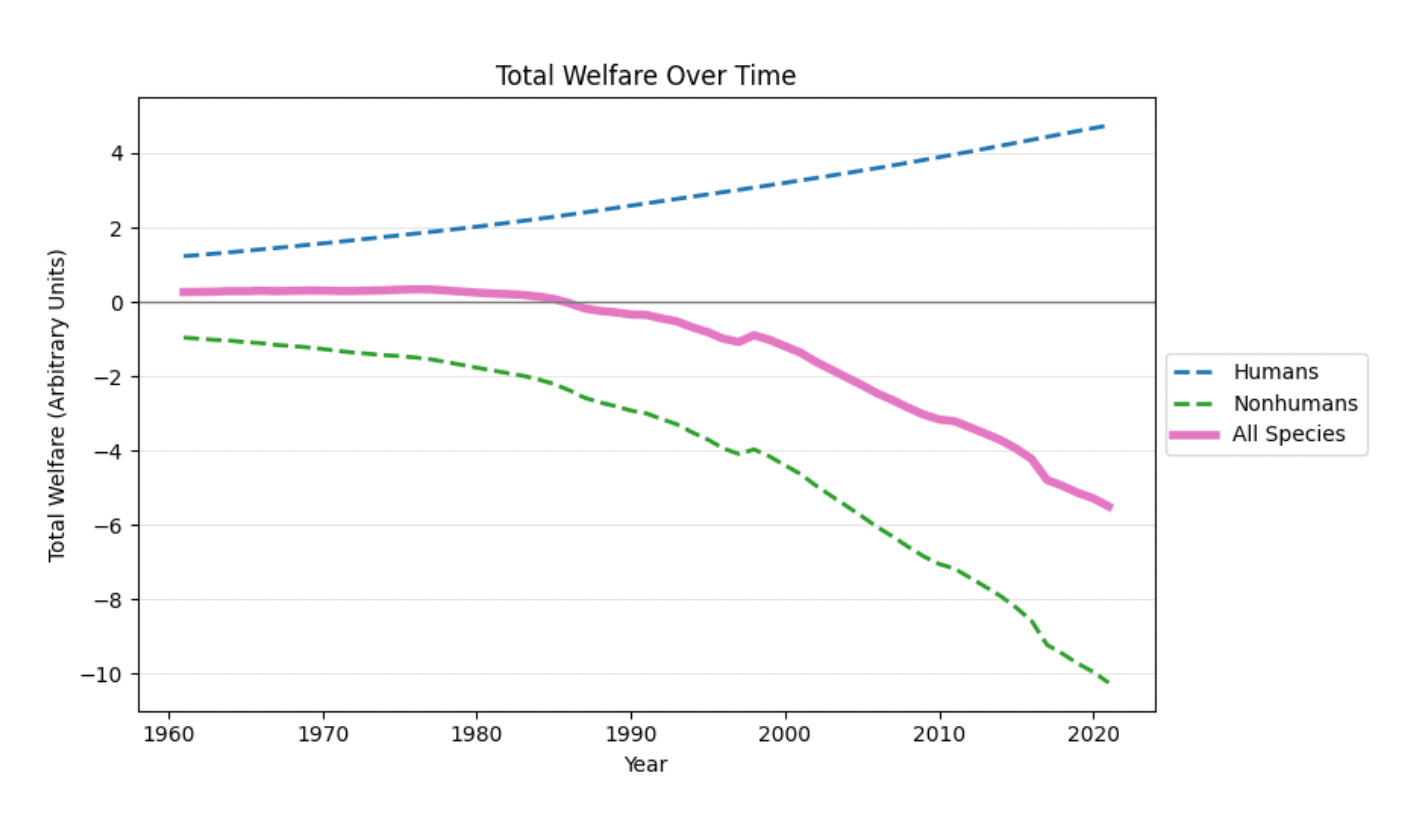
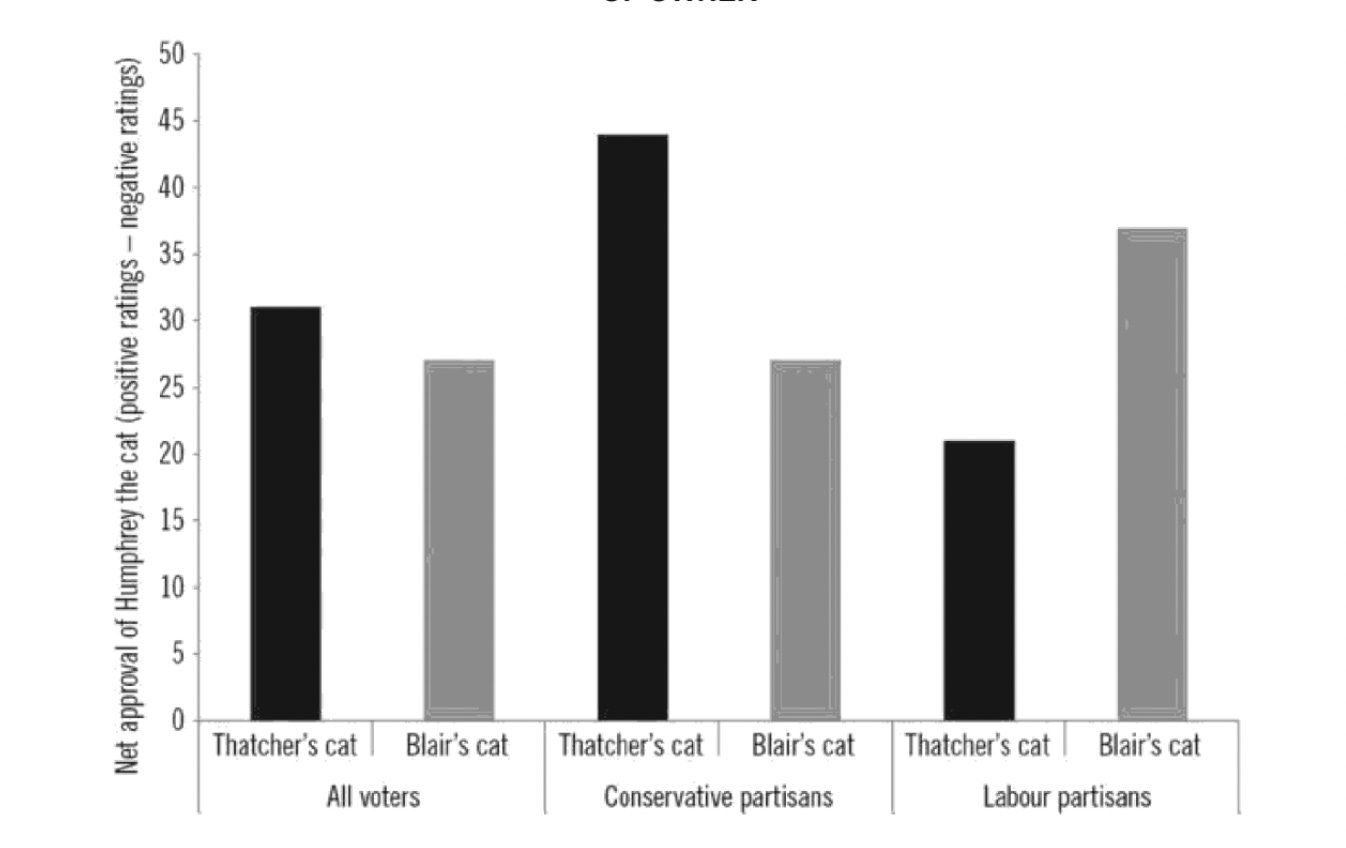
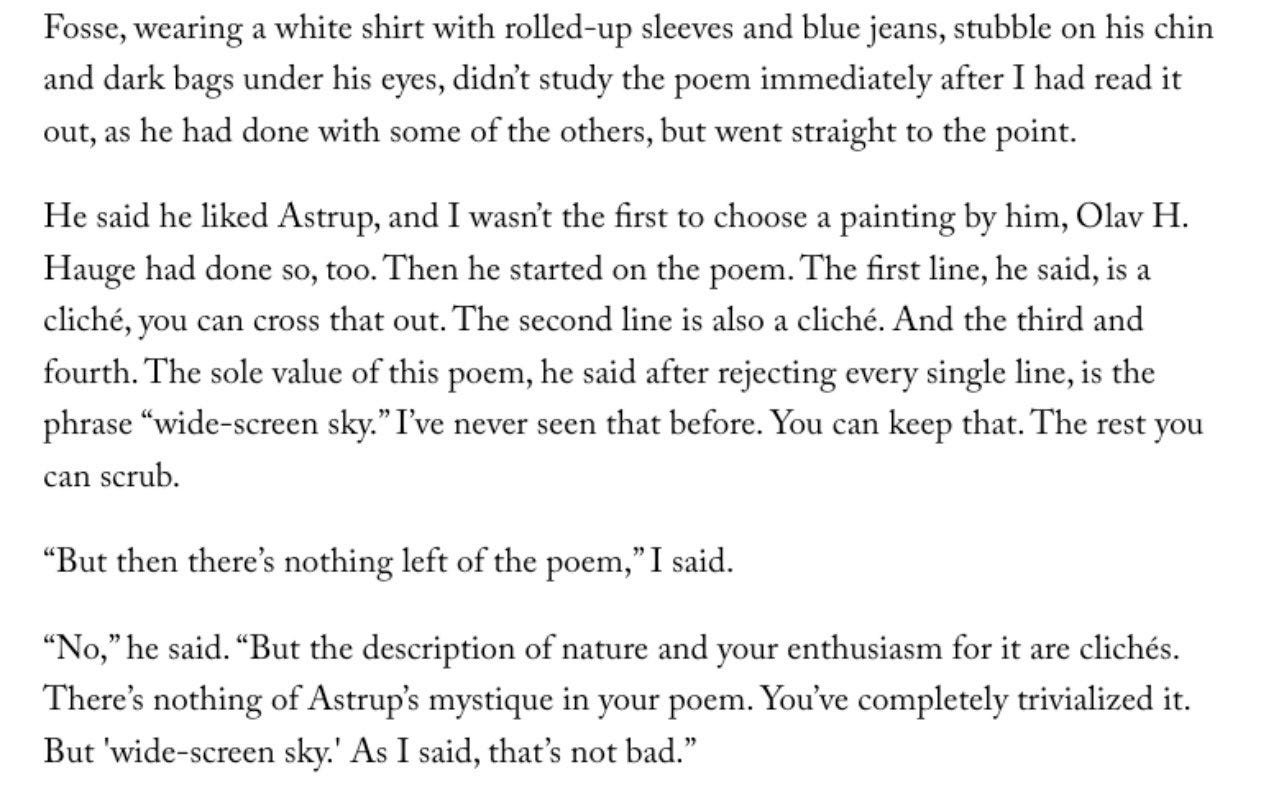
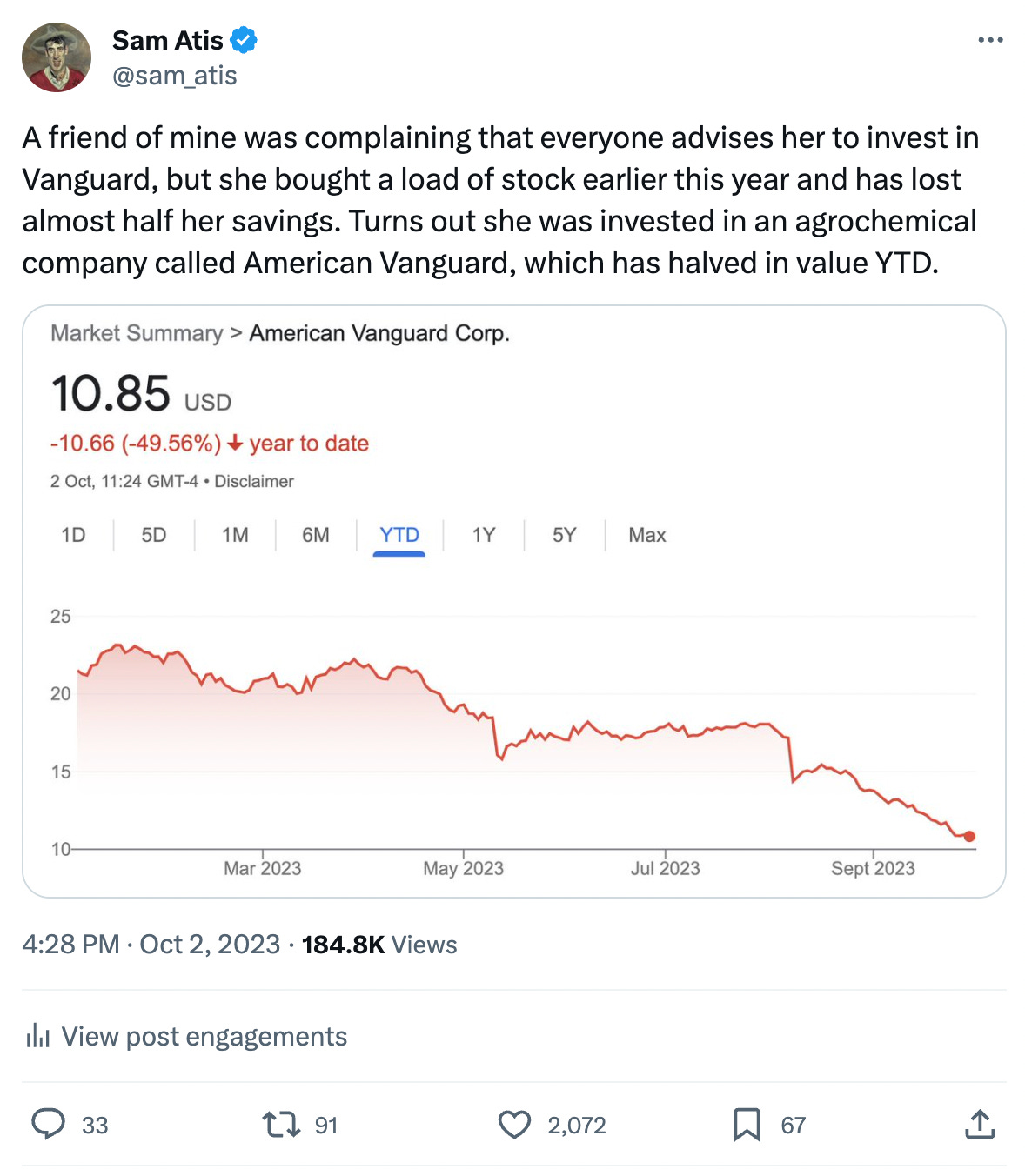
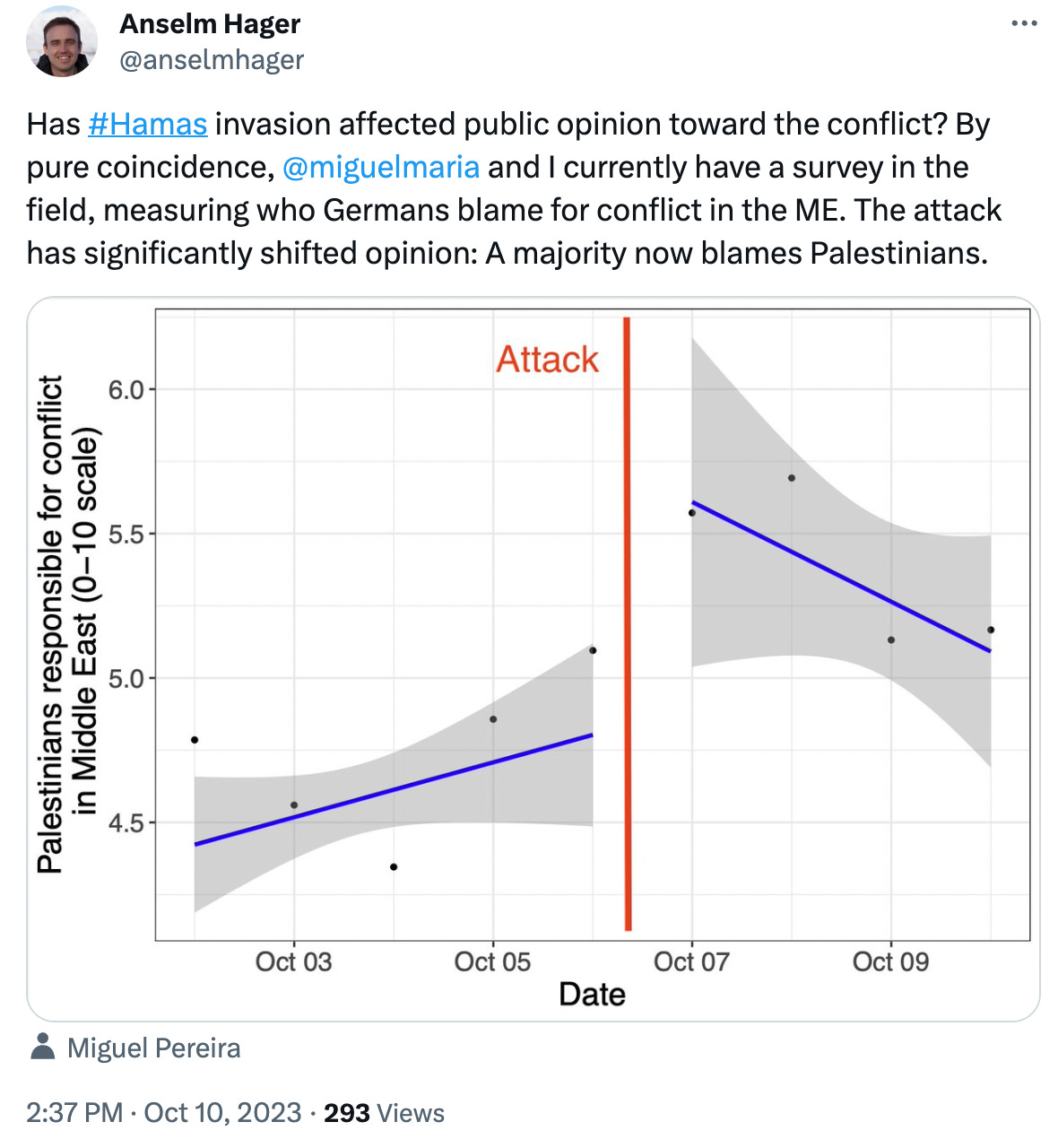



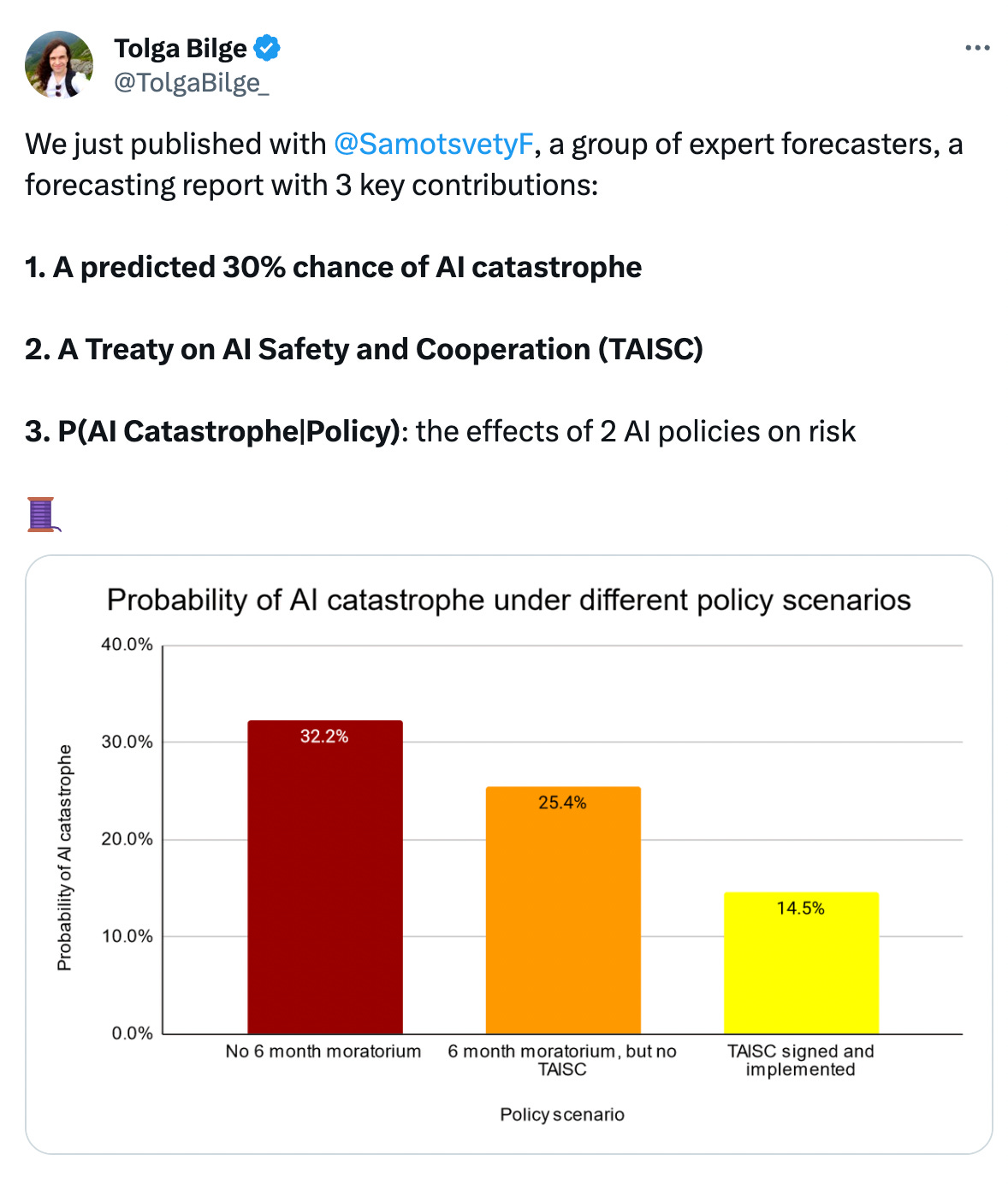

I read this over coffee this morning and am excited to get to a bunch of these today - thanks for pulling it together!
I really loved this list! Thanks for sharing.